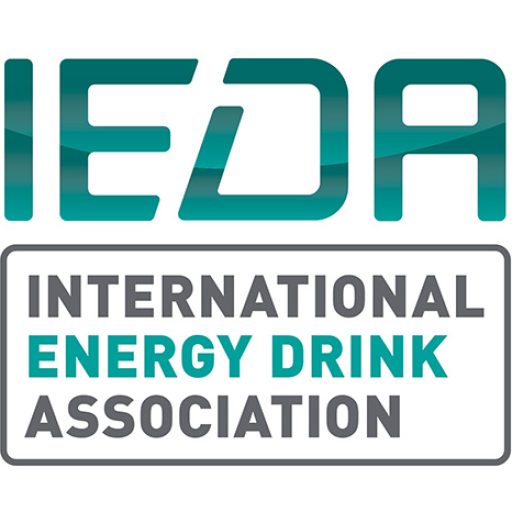Ingredients of Energy Drinks
ENERGY DRINK = ENERGY (sugar), ALERTNESS (caffeine), VITAMINS (B vitamins)!
The purpose of energy drinks is to quickly provide energy and alertness, while also supporting the body with essential vitamins.
The ingredients listed below are specifically formulated to achieve these effects.
Water – The Foundation of Hydration
Water is one of the most important components of energy drinks. It is essential for proper body function.
An adult requires approximately 2–3 liters of fluids per day.
Sugar – Immediate Energy Source
Sugar is one of the body’s primary fuels, supplying the energy needed for brain and muscle function.The brain alone requires about 130 grams of glucose daily, which it obtains directly from food and beverages.The sugar content in energy drinks typically ranges between 10–12 g/100 ml.
Some energy drinks are available in sugar-free versions, but these technically don’t qualify as “energy drinks” in the strict sense, as they do not provide energy in the form of sugar.
Caffeine – For Alertness and Focus
Caffeine is a natural stimulant that blocks adenosine receptors, reducing the feeling of fatigue.
It constricts blood vessels, which sharpens alertness and may enhance physical performance and mental focus.
Carbonation – For a Refreshing Sensation
Carbon dioxide gives the drink its fizz, making it more refreshing and potentially enhancing the stimulating effect.
Citrates – For a Tangy Taste
Sodium citrate, a salt of citric acid, is often used to adjust the acidity and flavor of energy drinks.
Flavors and Colorants – For Enjoyable Taste and Appearance
Sodium citrate, a salt of citric acid, is often used to adjust the acidity and flavor of energy drinks.
Beneficial Functional Ingredients
- Minerals – For Balance and Vital Functions
Many energy drinks contain minerals that support bodily functions: - Magnesium – for heart, muscle, and nerve function
- Sodium & Potassium – for fluid balance and acid-base regulation
- Calcium – for bone health, muscle function, and blood clotting
- Herbal Extracts – Natural Support
Some energy drinks contain plant-based extracts that may offer additional benefits: - Ginseng – supports physical and mental performance
- Guarana – a natural source of caffeine that releases more slowly into the body
Other Active Ingredients
Formulas may also include:
- BCAAs (Branched-Chain Amino Acids) – for muscle building and recovery
- Inositol – may support nervous system function
- L-Carnitine – helps with energy production and fat metabolism
Vitamins – To Support Performance
Most energy drinks contain high levels of B vitamins (B2, B3, B5, B6, B12), covering 100% or more of the recommended daily intake.
B vitamins are essential for energy metabolism and:
B2, B3, B5, B6, B12 – support metabolism, the immune system, and the nervous system
B1 – contributes to heart and nerve function
Some energy drinks also contain vitamins C, D, and E to support the immune system and protect cells.
Consume in Moderation!
As with any food or beverage, moderation is key.
It is especially important not to exceed the recommended daily caffeine intake:
400 mg per day for a healthy adult, which is equivalent to 5 cans (250 ml each) of energy drink.

